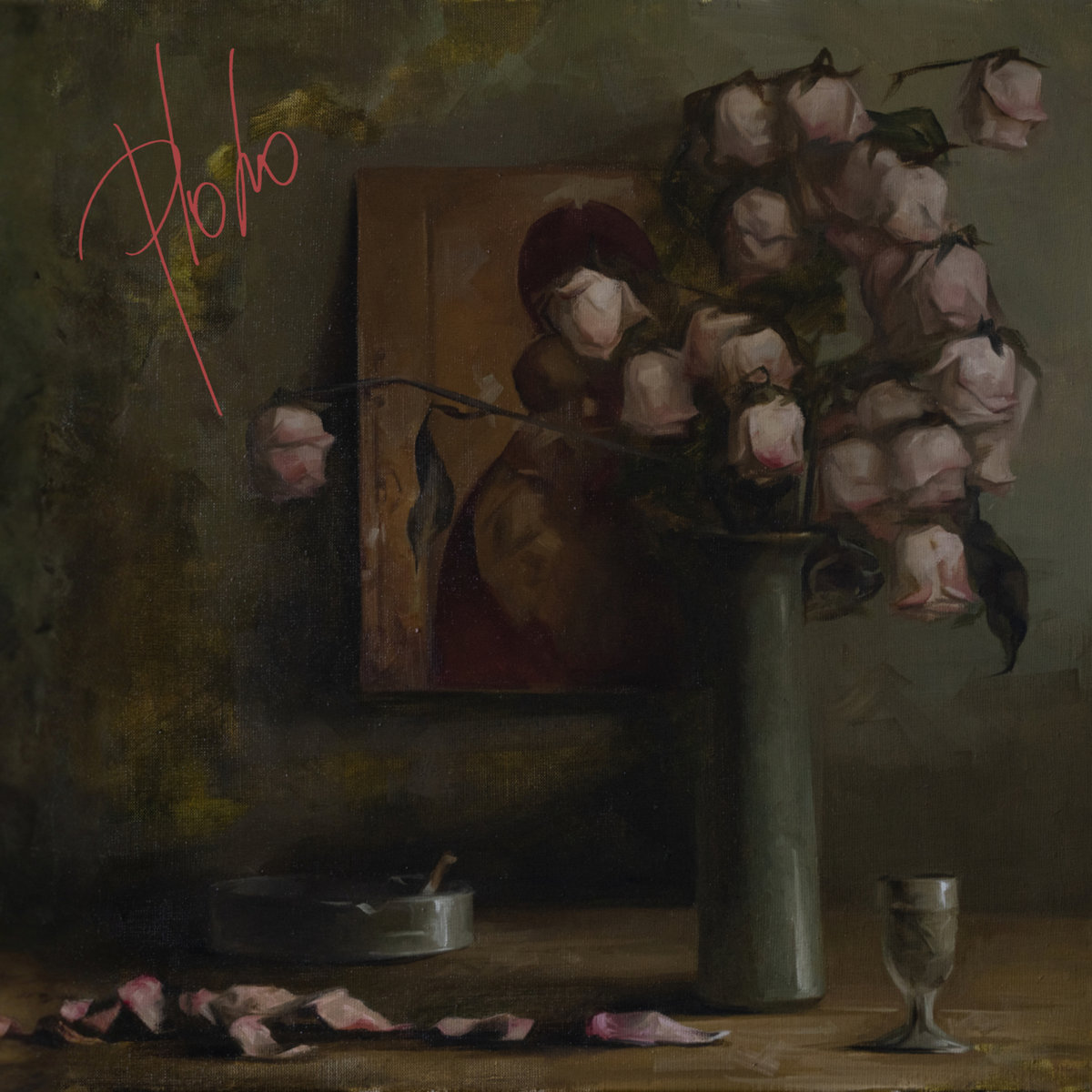
Over the past decade Ploho has emerged as one of the more prominent Eastern European bands in the post punk/synthpop genres alongside Molchat Doma. The Siberian based group had a similar somber, cold feel that permeated their earlier recordings, and each year they seemed to churn out material that continued to tweak the formula. With 2022’s Когда душа спит (When the Soul Sleeps) they made some of the most significant adjustments to date, opting for even slower, introspective melodies alongside their upbeat pop side. It was the album that clicked the most with me in their lengthy decade-long discography, but it was also around this same time that like many of their peers Ploho found themselves caught in the crossfire of the geopolitical situation in Russia. Information in English is limited, but based on a handful of articles and posts it seems like after some cancelled tours and the increasing tensions of the situation in their home country, the members relocated to Serbia and began to rebuild. With this context, it gives the title of their newest full length Почва (Soil) a bit more meaning and makes it even more impressive that for those unaware of the band’s history the material seamlessly continues the band’s evolution.
Когда душа спит had some of the slowest and introspective arrangements Ploho had written to date along with a bit more variety from song to song, and Почва continues this approach while making additional tweaks. In some ways the tracks here feel like they’re bridging the gap between the group’s previous album and the rest of their discography, and the way they move from slower, haunting numbers to more upbeat, danceable numbers is handled seamlessly. Compared to the plodding opener on the last effort, “Гештальт” is more upbeat but the way that the synth hovers over the recording alongside the thumping bass and drums gives off a much eerier tone. It’s the type of melody that immediately gets under your skin, especially when the sound expands further around the two-minute mark and lets the melody fill the air like a cold wind. This approach is also prominent on “Тайга и Байкал”, where Ploho slows things down and shakes things up with more varied percussion. You’ve still got plenty of up-tempo and brighter synthpop as well as colder and fast paced post punk, which is where Почва strikes that balance between older and more recent periods in the band’s discography. Admittedly despite the dynamic feel of the material and haunting nature of the synth melodies, I did find the instrumentation to be a bit less immediate than Когда душа спит and it took some additional times through for everything to fully sink in. But once it did, I’ve found myself wanting to hit the repeat button frequently, discovering additional layers with each time through. One particular point of interest that didn’t click on that first listen was the subtle build-up of “Край ночи”, which goes from a much sparser approach to booming, brighter melodies that still have a slightly somber tone. This song is a cover of long-running Russian band ПТВП, and while I couldn’t find the original in time for this review I’d be curious to see how Ploho has adapted it to their sound.
Vocalist Viktor Uzhakov has been one of the main reasons that Ploho stood out, as his very low range and slight resemblance to Joy Division’s Ian Curtis left an impression on quite a few listeners. I noted in my review of the band’s previous album that Uzhakov has really grown over the past few years, moving from a more repetitive and detached performance to a more dynamic one that covered a lot more ground. This continues to be the case on Почва, as the singing is still more somber and oriented towards lower ranges but each song brings different inflection and cadences. Tracks like “Страшно и точка” showcase this best, as Uzhakov has a more rapid and almost spoken word cadence that gives way to his singing around the one-minute mark. The cover of “Край ночи” also incorporates some backing vocals that are higher in pitch and the way that the harmonies come together towards the end is powerful.
Despite the circumstances outside of their control, Ploho has emerged stronger than ever and has continued to release music that captures the spirit of older post punk and synthpop while adding their own flavor to it. I think Когда душа спит (When the Soul Sleeps) is just slightly better in terms of its immediacy, but this latest full-length still has plenty to offer listeners who give it some extended time and it’s still far better than what a lot of the other bands in these genres have to offer. I could see this one being slightly overshadowed by Molchat Doma’s latest, but don’t sleep on Ploho either as they are just as worthy of the attention. Почва (Soil) is available from Artoffact Records.
-Review by Chris Dahlberg